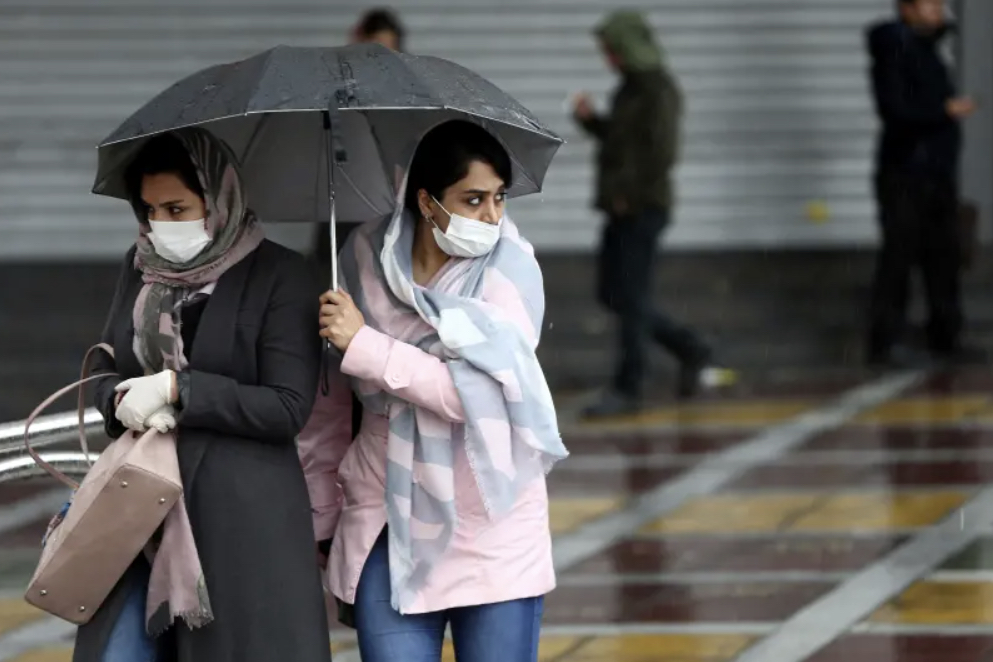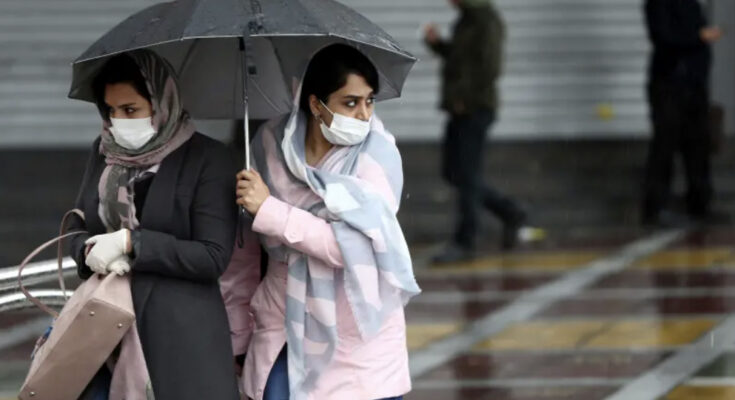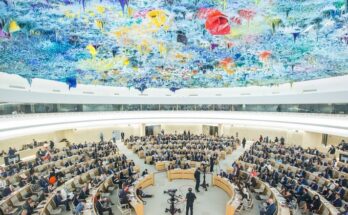Iran was elected to the UN’s Commission on the Status of Women, an organization that works to be the global champion for gender equality.
By EVE YOUNG

Iran was elected Monday to the United Nation’s Commission on the Status of Women for a four-year term along with China, Japan, Lebanon and Pakistan.
Cabo Verde, Egypt, Mauritania and Tunisia, and Costa Rica, Panama, Trinidad and Tobago were also elected to the commission for four-year terms.
The Commission on the Status of Women is the “global champion for gender equality,” according to the organization. It works to develop and uphold standards in which all women can exercise their human rights. The commission focuses on issues it deems fundamental to women’s equality and attempts to promote the progress of women worldwide.
Women’s rights are severely restricted in Iran, Human Rights Watch (HRW) reported, saying that they face “serious discrimination” on a variety of issues including marriage, divorce and child custody. Women have been jailed for speaking out in favor of women’s rights, HRW reported.
Domestic violence, marital rape, early and forced marriage are all offenses that Iranian authorities have failed to criminalize, according to Amnesty International. These offenses and other gender-based violence against women remain widespread in the country, according to Amnesty International.
Authorities have also failed to take steps against men who kill their wives or daughters and the legal age for marriage is 13, although men can obtain permission to marry their daughters and granddaughters earlier, said Amnesty International.
“Electing the Islamic Republic of Iran to protect women’s rights is like making an arsonist into the town fire chief,” said Hillel Neuer, executive director of UN Watch. “It’s absurd — and morally reprehensible.”
“This is a black day for women’s rights, and for all human rights,” said Neuer.
“Iran’s persecution of women is gross and systematic, both in law and in practice. The UN’s own secretary-general has reported on Iran’s ‘persistent discrimination against women and girls,’” said Neuer.




